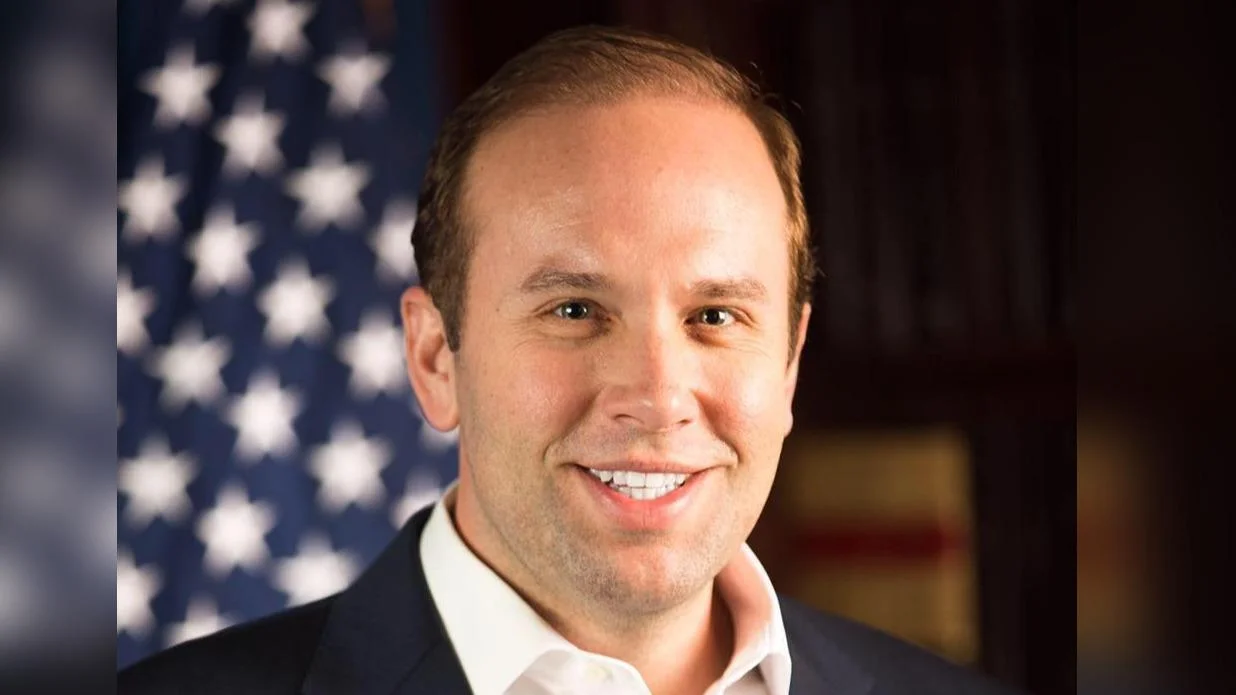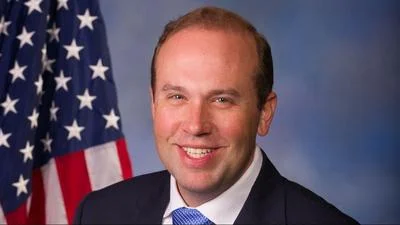Rep. Jason T. Smith, U.S. Representative for Missouri's 8th District | Official Website
Rep. Jason T. Smith, U.S. Representative for Missouri's 8th District | Official Website
Family-owned farms in the United States may face significant challenges if the Trump-era tax cuts are allowed to expire at the end of 2025. The tax cuts, enacted in 2017, doubled the Death Tax exemption and indexed it for inflation, providing relief to family farms, ranches, and small business owners. Without these provisions, many families could be forced to sell their long-held family farms or businesses to pay a 40 percent tax bill.
Ways and Means Committee Chairman Jason Smith emphasized the importance of family farming in rural America. "The Death Tax can be a death sentence for American families wanting to carry on the legacy of a family farm," Smith stated. He added that the Trump tax cuts offered much-needed certainty to family-owned small businesses across the country.
Rep. Adrian Smith has led efforts through the Rural America Tax Team to engage with farmers and rural communities about these issues. They have highlighted how doubling section 179 immediate expensing under the Trump tax cuts reduced costs for investing in new farming equipment and helped sustain family businesses.
In various hearings conducted by the House Republican majority's Ways and Means Committee, family-owned businesses have expressed concerns about Washington policies affecting their ability to pass on their enterprises. Steve Sukup from Iowa noted, "To be able to pass it on [to future generations], that would just be overwhelming and not possible." Similarly, Austin Ramirez from Wisconsin stressed that policies like stepped-up basis and the Death Tax make it difficult for families to maintain multigenerational businesses.
Key benefits of the Trump tax cuts included doubling Section 179 immediate expensing from $500,000 to $1 million and providing a 20 percent deduction for closely-held small businesses. These measures aimed at facilitating growth by enabling small businesses to invest in new equipment and hire additional workers.
With 96 percent of America's two million farms being family-owned and 88 percent classified as small family farms, any changes in tax policy could have widespread implications for rural communities nationwide.



 Alerts Sign-up
Alerts Sign-up